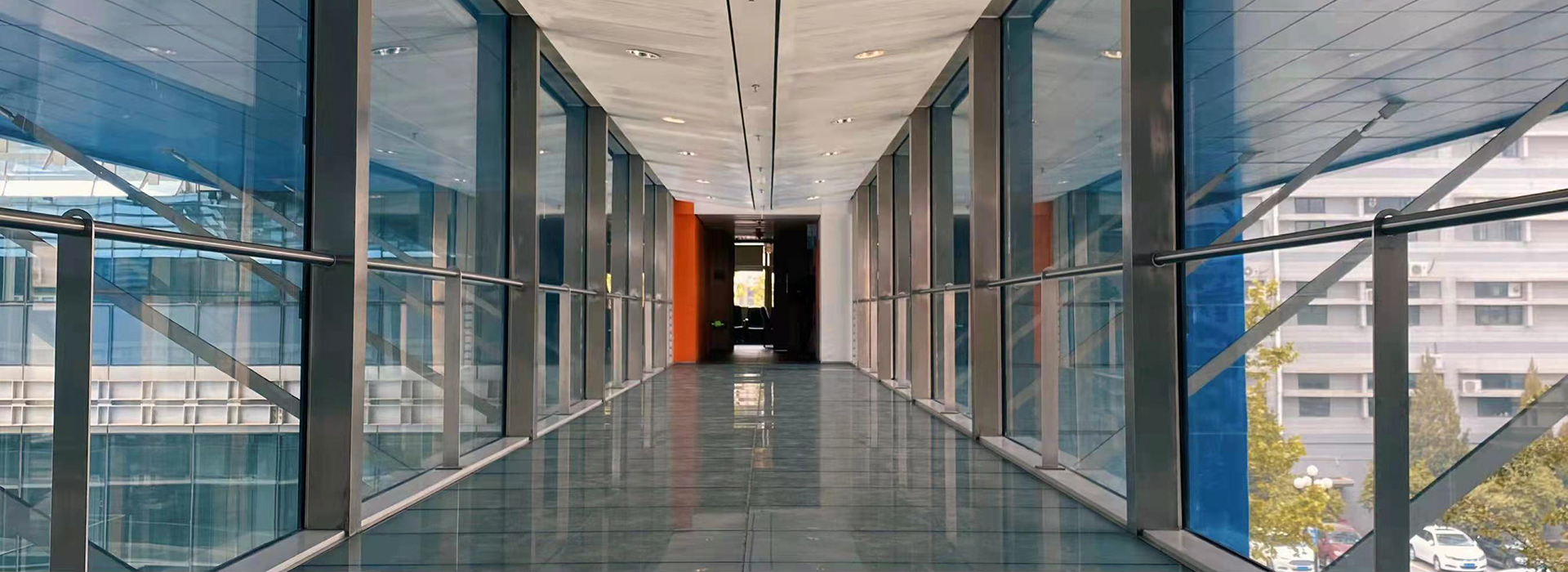

-
- CAE Members
- Faculty
- Division of Water Environment
- Division of Water Supply and Drainage
- Division of Soil and Groundwater Environment
- Division of Air Pollution and Its Control
- Division of Solid Waste Management
- Division of Environmental Chemistry
- Division of Environmental Biology
- Division of Environmental Ecology
- Division of Environmental Health
- Division of Environmental System Analysis
- Division of Environmental Management and Policy
- Division of Environmental Sustainability
- Center for Water and Ecology
- Honary, Visiting & Course Professors
- Retired people
- Postdocs
- Staff


Home > News and Events > News
News
Address: School of Environment, Tsinghua University, Beijing, China
Zip code: 100084
Emai : hjx@tsinghua.edu.cn
Fax : +86-10-62785687
Tel : +86-10-62784521
COMMON LINKS

School of Environment, Tsinghua University
